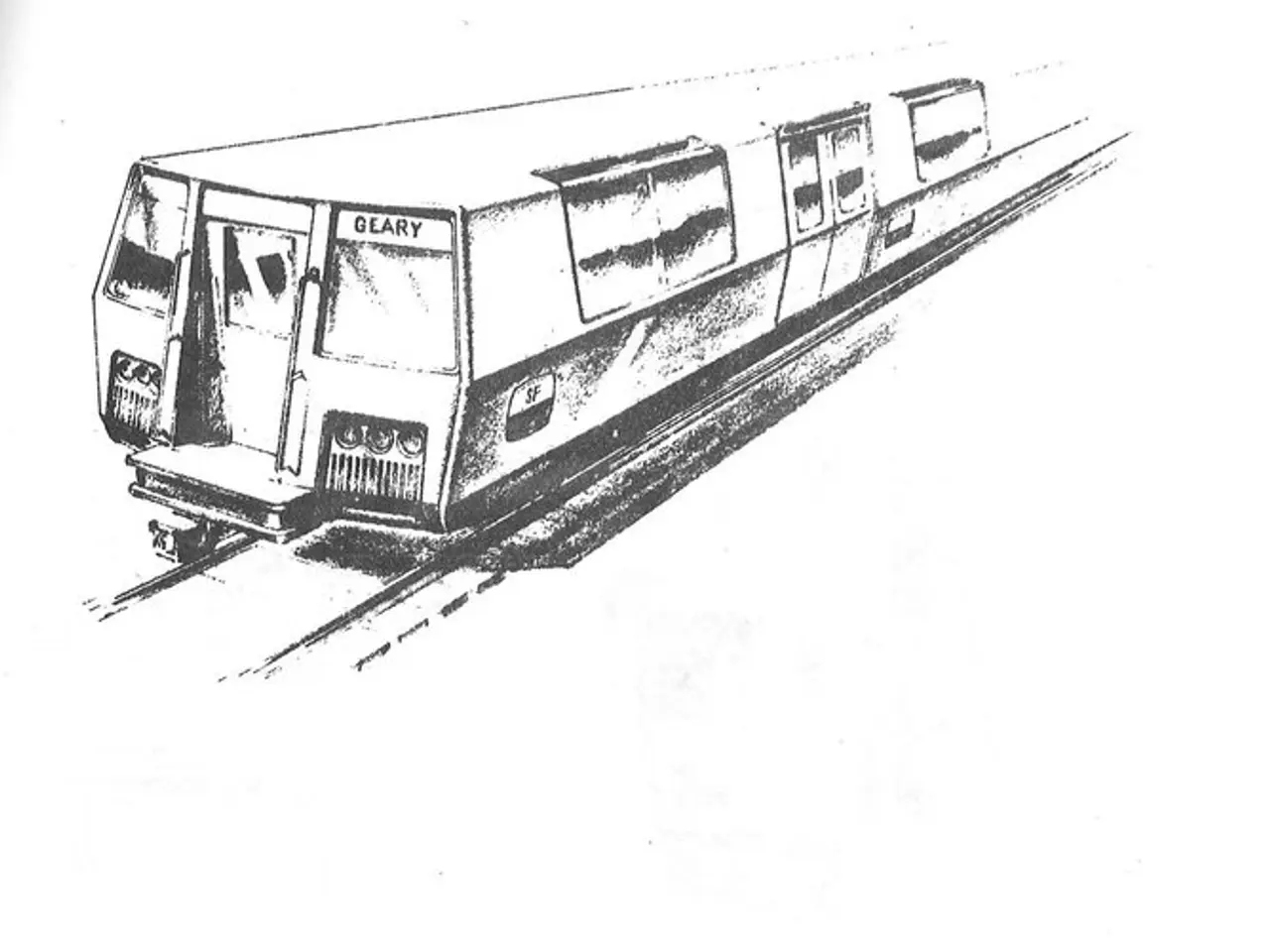Fuel prices in Germany have hit a two-month low, according to a report by the ADAC, indicating a relaxion in diesel prices.
In recent weeks, motorists in Germany have been enjoying a decline in fuel prices, particularly for diesel and Super E10. This decrease is primarily influenced by two key factors: the decline in crude oil prices and the strengthening of the euro against the US dollar.
Lower crude oil prices reduce the raw material cost for fuel production, which directly contributes to cheaper fuel prices at the pump. The current price of a barrel of Brent crude oil is around 66 US dollars, around two dollars less than last week [2][3].
Additionally, since crude oil is globally traded in US dollars, a stronger euro means Germany can buy the same amount of crude oil with fewer euros, effectively lowering import costs and allowing for lower fuel prices domestically [1][3]. The strengthening of the euro against the US dollar is also helping to ease fuel prices.
As a result, diesel prices in Germany are currently averaging €1.583 per liter, marking a slight decrease over the past months [1][3]. The price of a liter of Super E10 is currently €1.663, with a liter of Super E10 becoming 0.5 cents cheaper [4]. Interestingly, two months ago, diesel was around 12 cents cheaper than Super E10, but the current price difference between the two fuels is larger [5].
This trend aligns with international energy market trends where crude oil prices have eased recently and currency exchange rates have favored the euro. Motorists in Germany are benefiting from these global market conditions, enjoying lower fuel prices at the pump.
[1] Source: German Federal Ministry for Economic Affairs and Energy [2] Source: Bloomberg [3] Source: Reuters [4] Source: ADAC [5] Source: Statista
The decline in crude oil prices and the strengthening of the euro against the US dollar contribute to lowered costs for fuel production, resulting in cheaper fuel prices in Germany's energy market. This favorable industry-finance situation is observed not only in Germany but also in the international energy market, with motorists enjoying the benefits of cheaper fuel prices.




